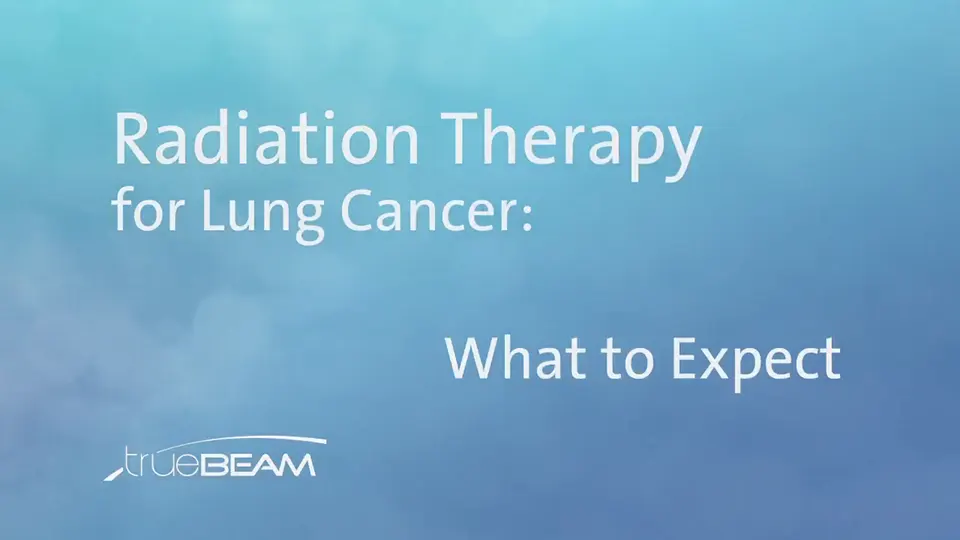
Lung & Thoracic Program
Overview
The Lung & Thoracic Program employs high-precision radiation therapy to treat patients with lung cancers and other cancers in the chest with the overarching goal of causing little or no side effects.
Our radiation oncologists have special expertise and experience in the treatment of:
- Lung cancers (non-small cell lung carcinoma, small cell lung carcinoma)
- Esophageal cancers
- Less common cancers of the chest, including thymoma, tracheal cancer, mesothelioma
- Brain metastases and other metastatic sites
Personalized & Comprehensive Care
In the highly specialized Lung & Thoracic Program at Garden State Radiation Oncology, our radiation oncologist works side-by-side with your entire cancer treatment team. These world-class cancer specialists may include health care providers, including medical oncologists and thoracic surgeons, to meet the needs of each and every one of our patients.
Improving Patient Outcomes
To provide the best treatments for our patients, we understand it’s not just about the radiation machines. It's about advanced radiation technologies, plus the people who bring them to our patients.
- IMRT (Intensity-Modulated Radiation Therapy): and VMAT (Volumetric Modulated Arc Therapy) ensure that the best possible radiation treatment plan is found for each patient. This program benefits many patients with thoracic cancers by:
- Reducing of the risk of severe irritation/inflammation of the esophagus (esophagitis)
- Reducing the risk of severe inflammation of the lungs (pneumonitis)
- Minimizing radiation dose to the heart
- Preserving memory function in the treatment of brain metastases
- Destroying more tumor through the delivery of higher radiation doses
- Stereotactic Body Radiation Therapy (SBRT): We have developed special expertise in treating even the most difficult tumor locations in the lungs with few or no side effects. Increasingly, we use SBRT not only for the eradication of early stage non-small cell lung cancers but also in patients with advanced stage cancers in conjunction with chemotherapy or biological therapies.
- 4D CT scanning and respiratory gating: This imaging technology breakthrough enables us to plan more precise dosing of tumors in the lungs and esophagus by accounting for tumor motion associated with breathing. With the aid of 4D CT scanning, our research team refined the technique of respiratory gating, which delivers radiation to a tumor during a limited period of breathing cycle, such as the exhale phase. By doing so, we are able to treat the lung tumor with greater precision while sparing normal, surrounding tissue much better than with radiation therapy based on conventional 3D CT scanning.
